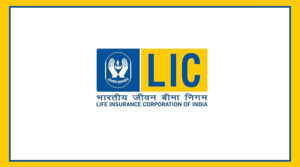Rent Control Acts have been created in India to regulate the relationship between tenants and landlords.
Their main goals are to protect tenants from unfair evictions, maintain reasonable rents, and balance the interests of both parties.
The central law was introduced in 1948, but each state has its own rules, so regulations may vary depending on the property’s location.
Rights of Tenants and Landlords
Tenant Rights:
Tenants are protected from unfair evictions and have the right to fair rent and continued access to essential services.
Evictions can only happen for legal reasons, and in most states, a court order is required.
Landlord Rights:
Landlords have the right to secure use of their property, set rent, and request repairs or short-term occupancy when needed.
The Act ensures landlords can protect their investment and property.
Key Rent and Tax Rules
Simple Tax Rules: Both landlords and tenants know their tax obligations.
Written Rent Agreement: A signed and registered contract helps reduce disputes.
Rent Increase: Rent can only be increased once a year with proper notice.
Deposit Limit: Security deposit is limited to a maximum of two months’ rent.
Speedy Dispute Resolution: Rent tribunals resolve disputes within 60 days.
TDS Benefit: No TDS on annual rental income up to ₹6 lakh.
A written contract is mandatory for renting or leasing any residential or commercial property in India.
It must be signed and dated by both parties, prepared on stamp paper, and registered if the period exceeds 11 months.
Without a valid contract, the legal rights of both landlords and tenants are not protected.
When the Act Does Not Apply
The Rent Control Act does not apply to:
Properties leased to private or public companies with capital of ₹1 crore or more.
Properties leased to PSUs, banks, or corporations under state or central laws.
Properties leased to foreign companies or international agencies.
Validity of Documents and Contracts
For commercial rental agreements, the following documents are mandatory:
PAN card and government identification
Passport
Proof of business
Stamped rental contract
Company’s memorandum of association
Any other necessary documents

























